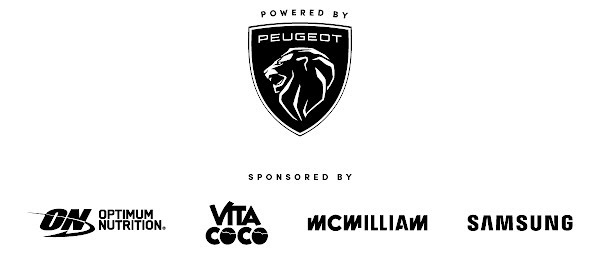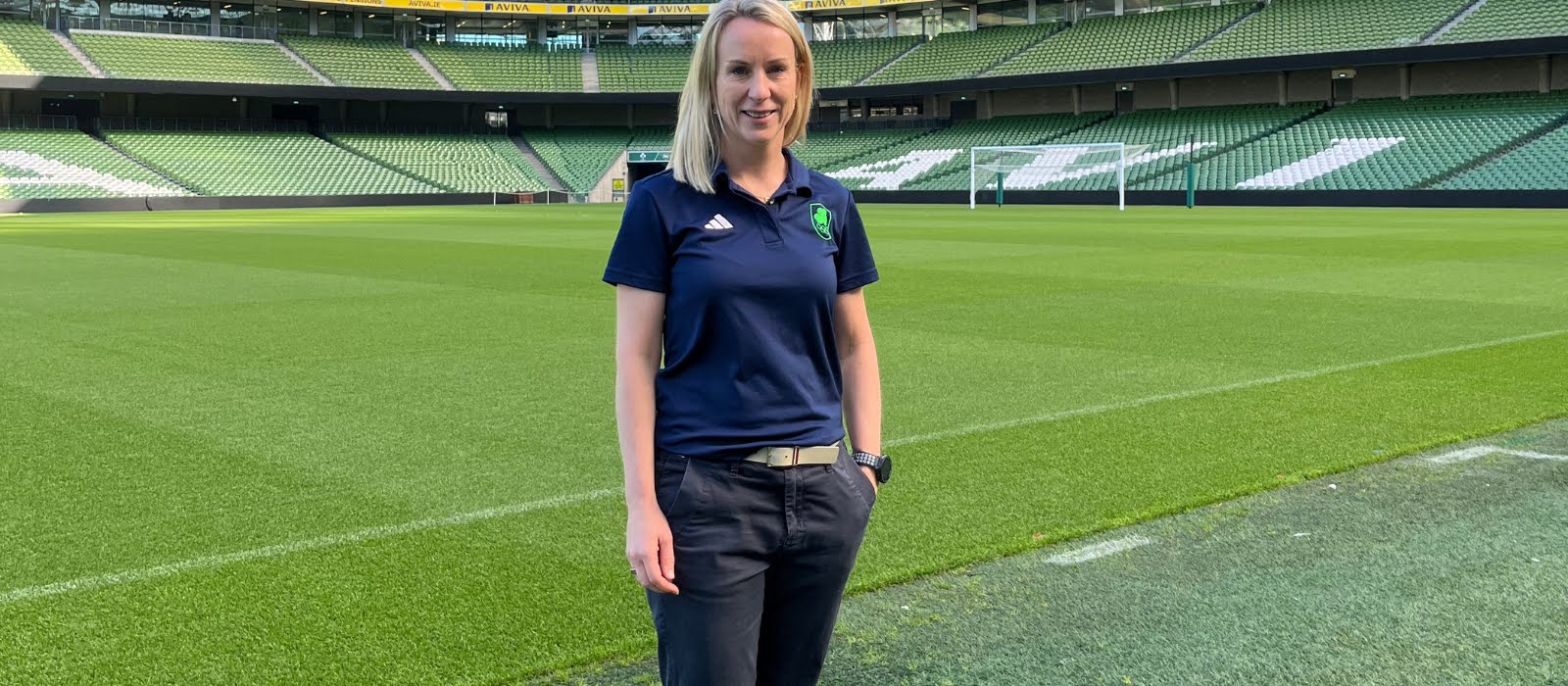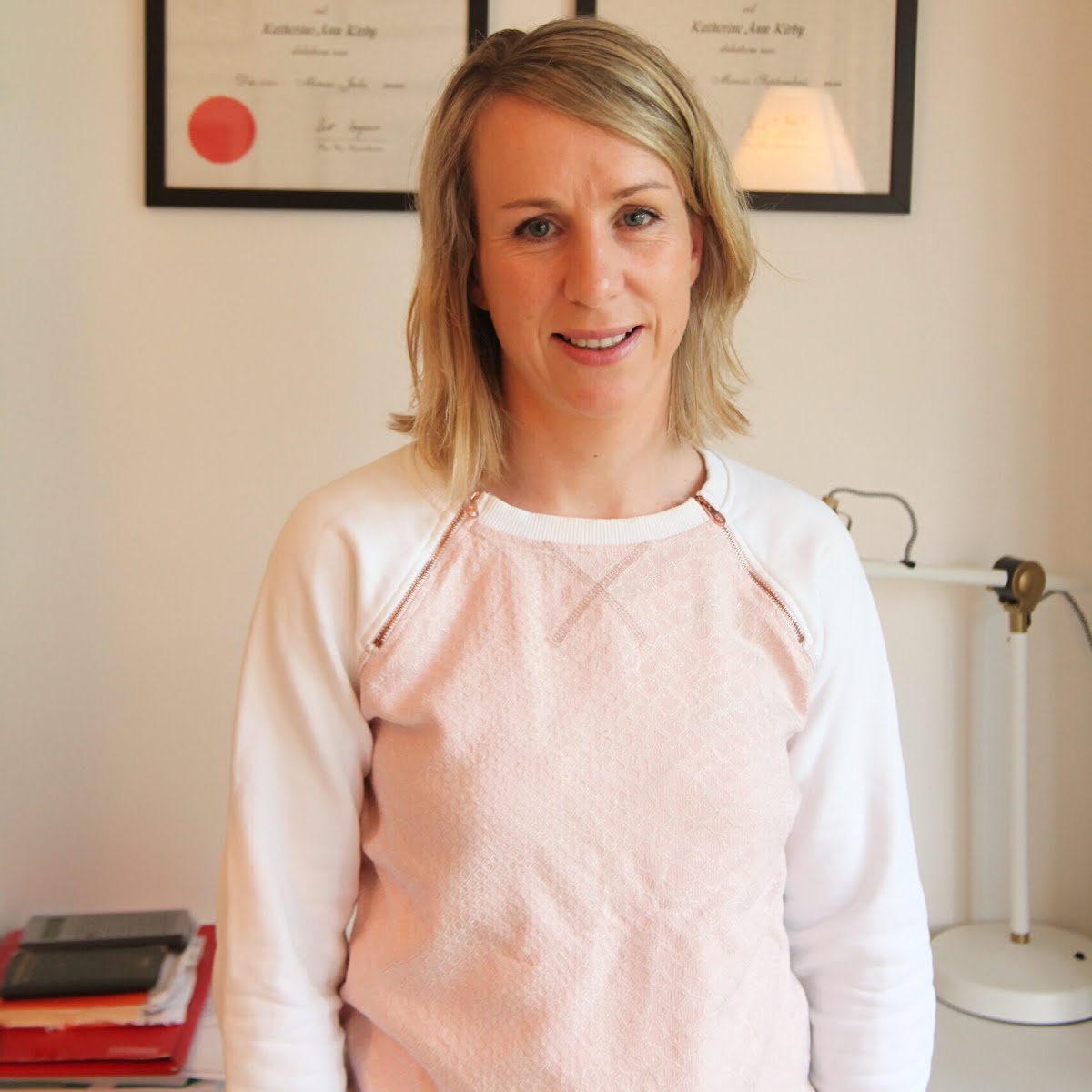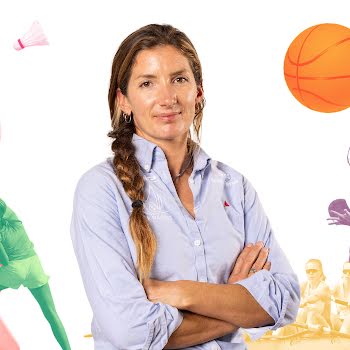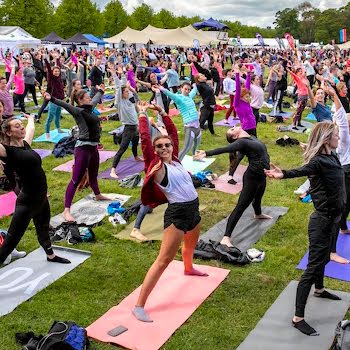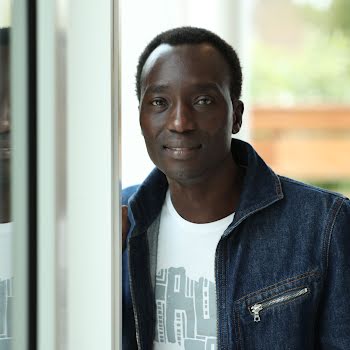
How to foster a ‘growth mindset’ with sports psychologist Dr Kate Kirby


"It’s important to remember that pressure is your perception of a situation."
When it comes to sport and exercise, one of our biggest mental blocks can be ourselves. Whether it’s our inner critic telling us we’re not quick enough, strong enough, talented enough – or the pressure of disappointing our teammates or ourselves, this blockage is more common than you might think.
Having worked at the highest level of sport for almost 20 years and having attended multiple Olympic Games as a psychologist with Team Ireland, Dr Kate Kirby is one of the country’s top sports psychologists. She is also currently the Head of Performance Psychology at the Sport Ireland Institute and works privately with athletes in both individual sports and team sports, so she has vast experience and knowledge in helping high-performance athletes with personal development.
Here we sit down with Dr Kirby to discuss just how important mindset is when it comes to sport and physical fitness, including how to overcome self-doubt under pressure and build up our confidence both on and off the pitch.
What is sport psychology?
Sport psychology focuses on the mental and emotional aspects of performance to help athletes deal with the pressures of training and competition, maximise their enjoyment and overall wellbeing, and perform consistently close to their best. A lot of sport psychologists in recent years have branched out to other performance domains such as business, trading, music, dance and surgery to help their clients perform at their best when it matters most.
What impact does our mindset have on our performance?
Mindset refers to how we interpret situations and the explanations we give for outcomes. If we believe that success comes from effort and ongoing learning, then we are much more likely to be motivated to work hard to continually seek improvement. This is often referred to as a “growth mindset”. We can respond to failure in a more positive way as we feel we can take action to achieve a different outcome next time.
In contrast, a fixed mindset is characterised by the belief that abilities or talents are static traits that cannot be developed. This way of thinking about tasks can lead to a lack of effort, and a fear of failure, both of which have negative consequences for performance.
What are some of the best ways an athlete can mind their mental health?
One of the most important ways that athletes can mind their mental health is to keep sport in perspective so that they are not defined by results, and their self-worth isn’t solely determined by the highs and lows of winning and losing. I would always encourage athletes to maintain interests outside of sport, whether that’s through work or study, or hobbies such as music, gaming, cooking, and art. Maintaining relationships with people outside the “sporting bubble” is also important to achieving that balance.
Do you have advice for those who may be struggling with self-belief?
A lot of people wait passively for their confidence to grow, but it’s possible to be more proactive in how you increase your self-belief. The key is accumulating evidence for where you can derive confidence from and looking for as many sources of it as possible. For example, most athletes base their confidence most strongly on recent results, but when you are in the middle of a performance slump, focusing on this reinforces your lack of confidence. So, it’s helpful to put more weight on other areas, such as things you’re doing well in training, positive feedback you’ve had from coaches or teammates, what your unique strengths as an athlete are etc.
How can you balance the pressure to do well and have a positive attitude?
It’s important to remember that pressure is your perception of a situation, and you can influence this perception of pressure by focusing on a few aspects of your performance that you can control, instead of fixating on the result. Doing this should help you to relax and enjoy the experience more.
How should athletes approach dealing with poor performance?
It’s helpful to do some form of review process to help you learn and recover from a disappointing result and analyse your performance in a more balanced way. Often after a poor performance we fixate on everything we did wrong and give ourselves no credit at all for the positive contributions we made. A simple traffic light review can help, such as:
- What can I continue to do well?
- What can I do better?
- What should I stop doing?
What are some of the most common negative habits among your clients, and how do you advise against them?
Going back to the earlier question on building confidence, I see athletes training hard every day, building their fitness and technical and tactical ability. But as high performers, athletes tend to hold themselves to such high standards that they fixate on small mistakes they made in training and pay much less attention to all the positive things they did. So, by the end of the session, they’re often less confident than they were at the beginning.
It’s impossible to approach a competition feeling confident if you beat yourself up mentally after every training session. It takes time to change this way of thinking, but it can really help to have a notebook or note on your phone where you quickly make a list of four things you did well and one thing you need to improve on. That way, you’re considering your performance in a more balanced way and consistently building evidence for your confidence.
IMAGE Active is an exciting series of exercise-driven events, motivating meet-ups, and empowering content to help you achieve new levels of physical health, offering encouragement, support, and empowerment every step of the way. At its core, it is about coming together to form connections, cultivate healthy habits, and feel better than ever. So, stay tuned and check out our hub for regular updates on all upcoming events and content.
